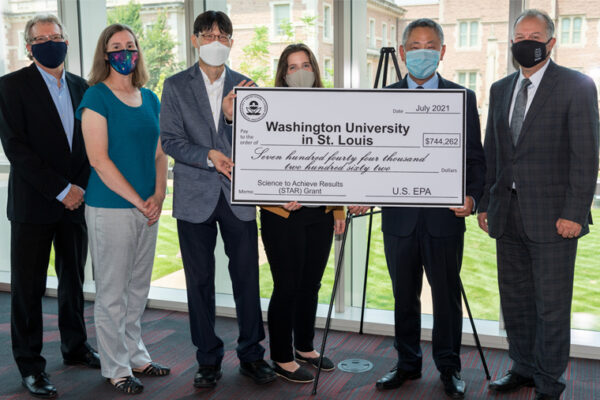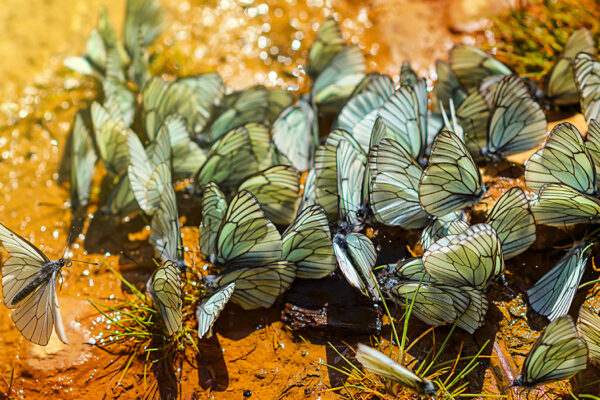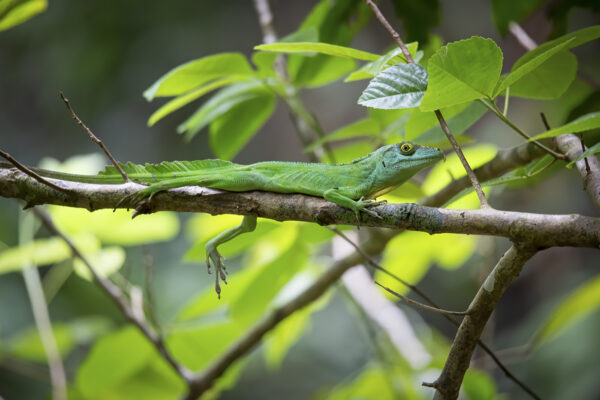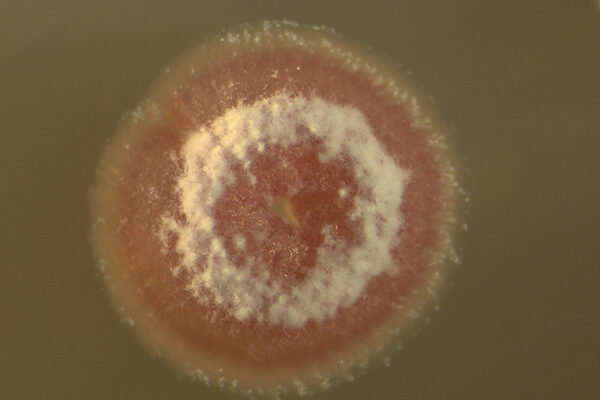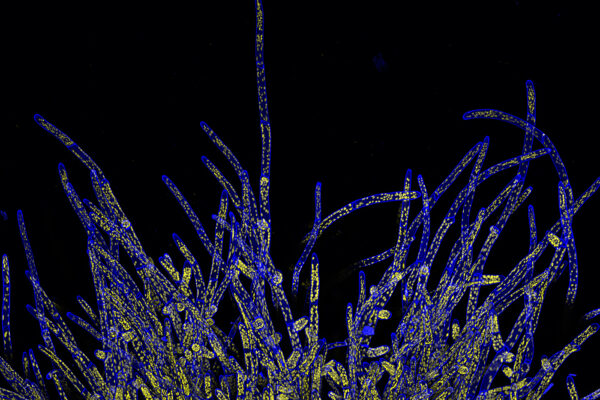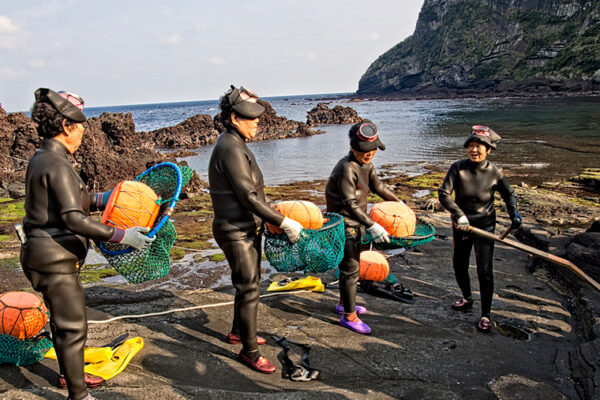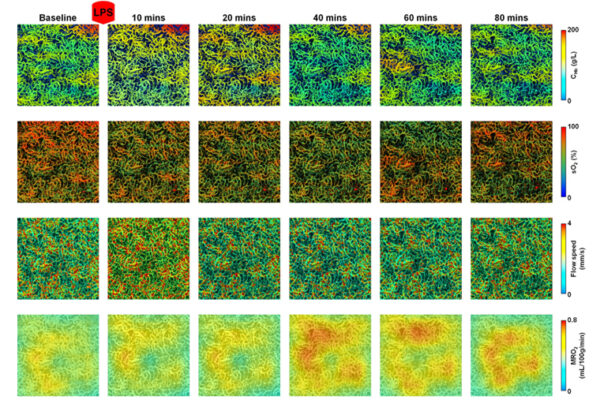EPA funds Moon’s biotech, containment research
The EPA visited Washington University to award $744,262 to Tae Seok Moon, associate professor at the McKelvey School of Engineering, for cutting-edge biotechnology research.
Postdoc wins training grant
Joe Rowles, a postdoctoral research associate working with Gary Patti in chemistry in Arts & Sciences, won a Molecular Oncology Training Grant to support his participation in the Siteman Cancer Center’s Cancer Biology Pathway Program.
A brief history of the cabbage butterfly’s evolving tastes
Biologists in Arts & Sciences used statistical methods to trace the path of Pieridae family butterflies as they diversified and their plant hosts fought back, over and over again. The study also finds that butterflies often regain hosts they haven’t used for millions of years.
Pakrasi to work on positive farming effort
Himadri Pakrasi, the George William and Irene Koechig Freiberg Professor in biology in Arts & Sciences, received a $75,000 grant from the U.S. Department of Agriculture’s National Institute of Food and Agriculture (NIFA) to support greenhouse gas reduction initiatives.
Sticky toes unlock life in the trees
Biologists at Washington University in St. Louis examined data from 2,600 lizard species worldwide and discovered that while hundreds of different types of lizards have independently evolved arboreal lifestyles, species that possessed sticky toepads prevailed.
When stubborn bugs refuse to make drugs
Research published in the Proceedings of the National Academy of Sciences by biologist Joshua Blodgett in Arts & Sciences highlights comparative metabologenomics as a powerful approach to expose the features that differentiate strong antibiotic producers from weaker ones.
Depth of perception
Minuscule tunnels through the cell membrane help cells to perceive and respond to mechanical forces, such as pressure or touch. A new study led by biologists in Arts & Sciences directly investigates what PIEZO channels are doing in the tip-growing cells in moss and pollen tubes of flowering plants, and how.
Moon to engineer microbes to control heat production
Tae Seok Moon, associate professor of energy, environmental and chemical engineering, has received a three-year $501,246 grant from the Office of Naval Research to study heat from the human microbiota.
Arpita Bose
For microbiologist Arpita Bose, associate professor of biology in Arts & Sciences, science is a collaborative endeavor. Her lab focuses on microbial metabolisms, taking an interdisciplinary approach to address issues related to energy and sustainability.
High-tech imaging reveals blood, oxygen flow, energy metabolism in mouse kidneys
Researchers in the McKelvey School of Engineering and at the University of Virginia recently developed a high-tech imaging technique that opens up opportunities to study dysfunction in acute and chronic kidney disease.
Older Stories
